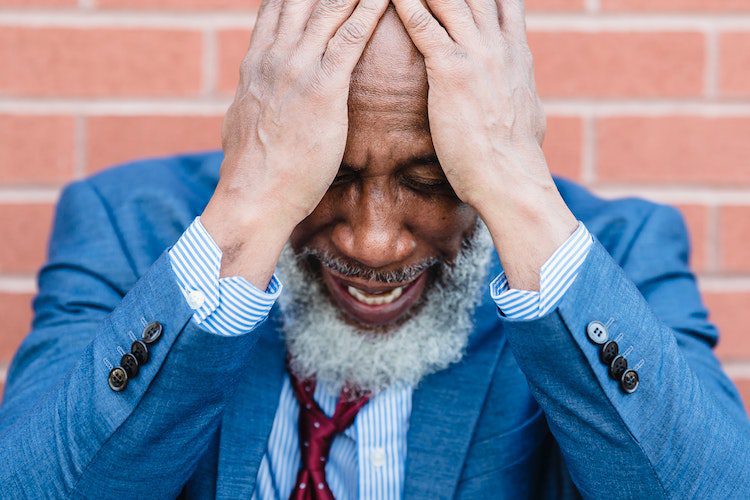Anyone can experience suicidal thoughts, regardless of their gender. However, while women are at higher risk than men for attempting suicide, men are more likely to die from an attempt.
This is true not only in the United States but in other countries as well. According to the BBC, the rate of suicide deaths is 3-4 times higher for men than women in many places. In the United States around 3.5 times as many men die by suicide as women. Suicide is the leading cause of death in the U.K. and the second leading cause of death in the U.S. and Canada, for men under 50. Though middle-aged men are at the greatest risk of death by suicide, there has also been a recent spike among younger men.
Differences Between the Genders
Women, as a whole, are more likely to report depression than men. Because depression is so commonly linked to suicide, it seems likely that men who die from suicide suffered from depression. However, a 2022 UCLA study revealed that 60 percent of men who died by suicide had not been treated for any mental health conditions. While this could suggest that a majority of men who complete suicide have not struggled with mental illness, it’s much more likely that men are reluctant to report their mental health struggles or seek treatment for them.
The Means Matter
Why men are more likely to die from an attempt than women may come down to the differences in method. Women tend to choose suicide methods that are often reversible, such as an overdose of pills. Men are more likely to choose violent methods that cannot be reversed.
Around 90 percent of suicide attempts involving firearms lead to death, according to a recent study, while only 4 percent of other types of attempts lead to death. The increase in suicide deaths among younger men is largely attributable to increased access to firearms among that age group.
Suicide Prevention
Keeping men safe from suicide requires a gender-specific approach. Several of the articles above recommend the following methods of reducing suicide among men of all ages:
- Societal Change – Males have generally been socialized to suppress their feelings, being told that men don’t cry or express any emotion besides anger. It needs to be acceptable for men to talk about their feelings and to seek out therapy when they are experiencing mental health concerns and difficulties in their relationships.
- Recognition of Warning Signs – While men are less likely to go to therapy when they are struggling, they may still show signs that they are contemplating ending their lives:
- Increased statements about death and wanting to die
- Feeling like a failure because they are having difficulty resolving issues in their career or an important relationship
- Gathering the items they would use to end their lives
- Giving away cherished possessions
- Saying goodbye to loved ones
- Increased substance use, especially alcohol
- Information – Because men may be embarrassed to attend therapy for fear of being recognized and judged, it is especially important that they be given access to resources where they can seek out support anonymously, such as calling or texting 988, the National Suicide Prevention Lifeline. This line can provide men with support and encouragement to seek out therapy and other resources to keep them safe.
- Firearm Safety – Due to the highly lethal nature of firearms, making them unavailable to people who are suicidal can greatly reduce the risk of a suicide being completed. This can be accomplished in a number of different ways:
- Removing firearms from the home entirely, by selling them or storing them elsewhere.
- Disassembling firearms and storing critical pieces in separate places.
- Ensuring all guns and ammunition are stored in safes or behind locks and that the keys or combinations are not easily accessible.
If you have questions about how to know if men in our life are contemplating suicide and how to keep them safe, Highland Hospital in West Virginia is here to help.









